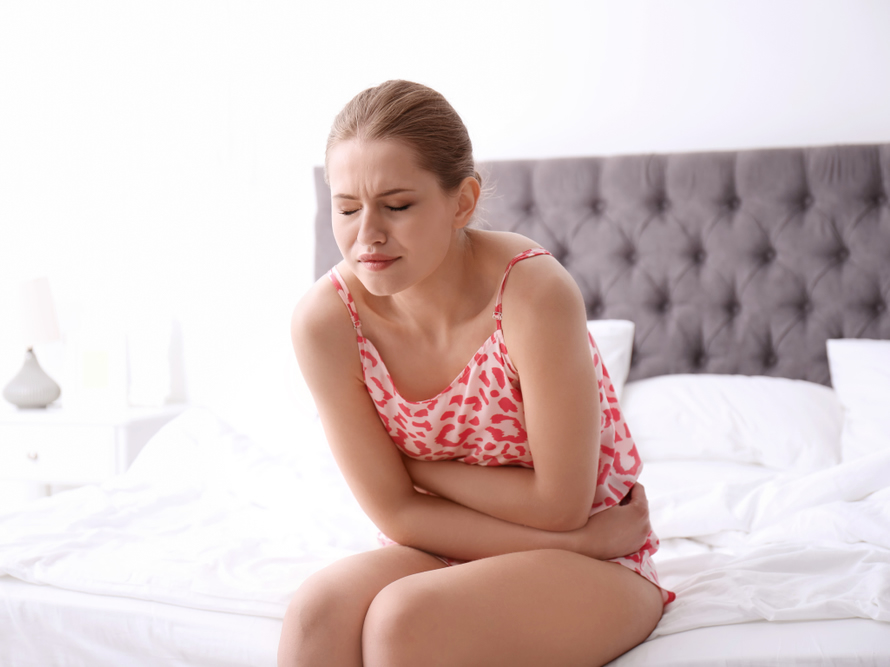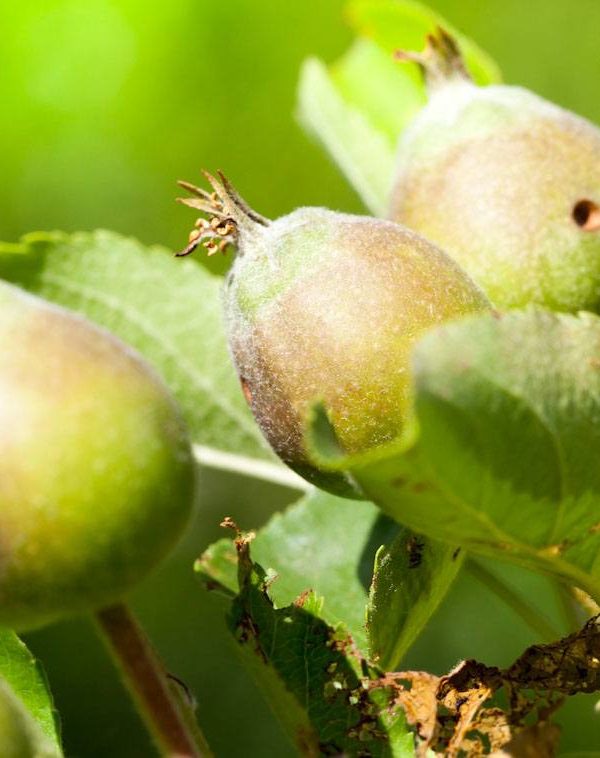
PCOS and Your Fertility (Part 1)
30 Jul 2018
What is Endometriosis?
16 Jan 2019
As I mentioned in my previous PCOS blog, the symptoms of PCOS result from the cascading effect that insulin resistance has on the normal functioning of the body.
This blood sugar dys-regulation is thought to cause women with PCOS to experience weight-related problems as well as hormone imbalances resulting in fertility issues, miscarriages, irregular and missed periods, weight gain, depression, anxiety, hair thinning, facial hair and cystic acne.
I also mentioned that a strong PCOS genetic component need not dictate your destiny.
You can improve your chances by changing your diet to keep your blood sugar in balance; losing weight, if you are overweight; doing moderate regular exercise; decreasing the toxic environmental burden and taking measures to reduce your levels of stress.
Natural Approach in the Treatment of PCOS
There are many herbs, vitamins and supplements that have been scientifically proven to have the ability to reverse PCOS and help improve fertility.
My choice depends on the specific needs of each individual patient.
Here are several key tips that you can use to help you understand and manage your PCOS to the best of your ability:
1. Improve your blood sugar levels.
• Eat regular balanced meals of whole fresh foods – mostly plants.
• Make sure you have protein with every meal – including snacks.
• Cut out ALL sugar, alcohol, fruit juice, fizzy drinks and processed foods.
• Removing dairy products has been shown to help with insulin resistance (in some people).
• Include prebiotics, cinnamon, legumes and all types of beans into your diet to help lower insulin resistance.
2. Reduce your exposure to environmental hormones and toxins*
• Consume organic produce and grass-fed beef.
• Avoid farmed fish.
• Avoid all genetically modified food products.
• Use environmentally friendly cosmetics, sunscreens, and household cleaners.
• Increase your fibre consumption especially if you are not having at least one daily bowel movement. Veggies, cooked beans and lentils will help, as will ground and whole flax seeds and psyllium husks.
• Drink plenty of filtered water throughout the day.
• Don’t use plastic bottles, containers and plastic wrap especially with hot or warm food i.e. chemicals in all plastics (which have a similar structure to oestrogen) tend to leach into your food or drink. These ‘xenoestrogens’ get absorbed by your body and cause hormonal imbalance, inflammation, insulin resistance, weight gain and interfere with fertility.
* Polycystic ovary syndrome and environmental toxins – Rutkowska, Diamanti-Kandarakis – August 2016
3. Decrease Stress.
• Practice meditation on a daily basis. Yoga, Meditation and Mindfulness have been shown to improve the way you deal with stress as well as increase overall energy and brain function. Many of my patients use meditation apps to help them deal with stress.
• Try to get a good night’s sleep – at least 7-8hrs and from before 11pm if possible.
• Remove caffeine as much as possible, but if you really have to have that one cuppa, make sure that you have it before 11am.
• Regular moderate intensity exercise will help reduce stress and according to research, high intensity interval training (HIIT) 3 times a week, helps improve your aerobic capacity, insulin sensitivity and balance your hormones. However over-exercising frequently for long periods of time, increases the production of Cortisol (stress hormone). So, as with everything, moderation is the key.
I hope these guidelines will help to empower you with the knowledge you need to feel in control of your condition.
As a Fertility Naturopath, I am able to work out an appropriate natural supplementary and herbal regime that would augment everything you are doing to improve your chances of conceiving and carrying your baby to term.
Joanne Lipinski – Fertility Naturopath Melbourne
